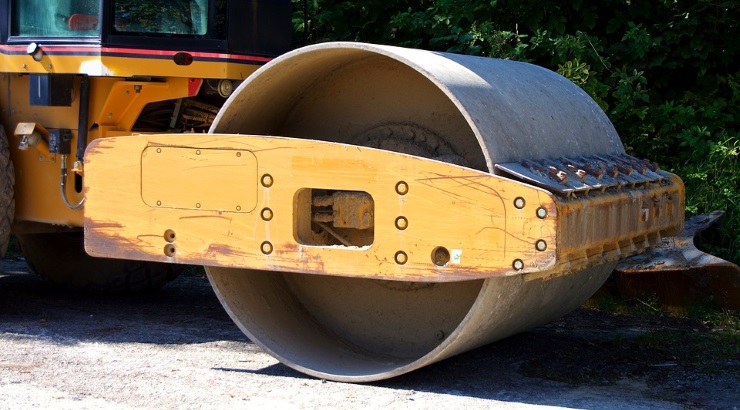Project News
Kenya’s 10,000km roads project met with widespread scepticism
The project has not moved forward despite the State having short-listed 49 companies to bid for roads.

Nearly a year after the government unveiled plans to tarmac 10,000km of roads across the country, there is widespread scepticism about the project’s viability with pundits already predicting its failure.
The ambitious project, which was rolled out by President Uhuru Kenyatta on July 30, 2014, will involve the tarmacking of 10,000km of roads in five years under annuity programme – with the initial 2,000km of small roads slated for completion within the 2014/2015 financial year.
The annuity concessions financing model, which is largely borrowed from India, will see contractors sourcing for loans guaranteed by the Treasury to design, build and maintain roads for up to eight years.
The Treasury, which will provide 30 per cent of the funds, will then repay the loans in equal instalments (annuity) over eight years from the time a given road is completed.
READ: Why Kenyan contractors lost out on Sh300bn roads tender
The project is expected to cost Sh300 billion, but projections show the interest payments would push up the cost to Sh351 billion by the time the last annuity payment is made in 2024.
However, two months before the end of the current fiscal year, the project has not moved forward despite the State having short-listed 49 companies to bid for the first 650km of roads – amid speculations that banks are shying away from bankrolling the project due to the ambiguity of the financing model.
READ: Why banks are not keen on funding 10,000km roads project
And in what appears to confirm the speculation, the State in February said it would require bidders to demonstrate their ability to raise at least 70 per cent of construction funds before they can be awarded a contract – a move that shocked plenty of industry insiders.
The demand, as expected, did not go down well with the bidders forcing the government to further engage the banking industry in a bid to bring on board as many banks as possible.
On March 13, at a meeting held at the KICC and chaired by Deputy President William Ruto, KCB and Co-operative Bank agreed to finance the project to the tune of Sh48 billion – leaving a funding deficit of about Sh130 billion.
On the strength of the two bank’s commitment, Infrastructure PS John Mosonik told the gathering that the tenders for the first 650km would be issued a week later on March 20. This, however, did not happen.
Two weeks later, the Transport and Infrastructure ministry announced that it was in the process of recruiting independent engineers to help manage the project.
“The consultancy services to be provided by the independent engineer shall involve monitoring compliance with the terms of the project agreement by the parties to the contract during the concession period,” the ministry said on April 2 in a call for bids that closed on April 17.
The announcement has angered tens of companies eyeing the tenders especially because the cost of maintaining the independent engineers will be drawn from the contracted sum of the roads project.
“The service provider has an obligation to operate and maintain requirements of the road network for a period of eight years. This is sufficient incentive to ensure compliance with the client requirements and adoption of appropriate standards,” a bidder said in a protest letter to the ministry.
It now remains to be seen how the government will move forward with the project, and Kenyans can only wait and hope that the country is not on a 10,000km road to nowhere.












